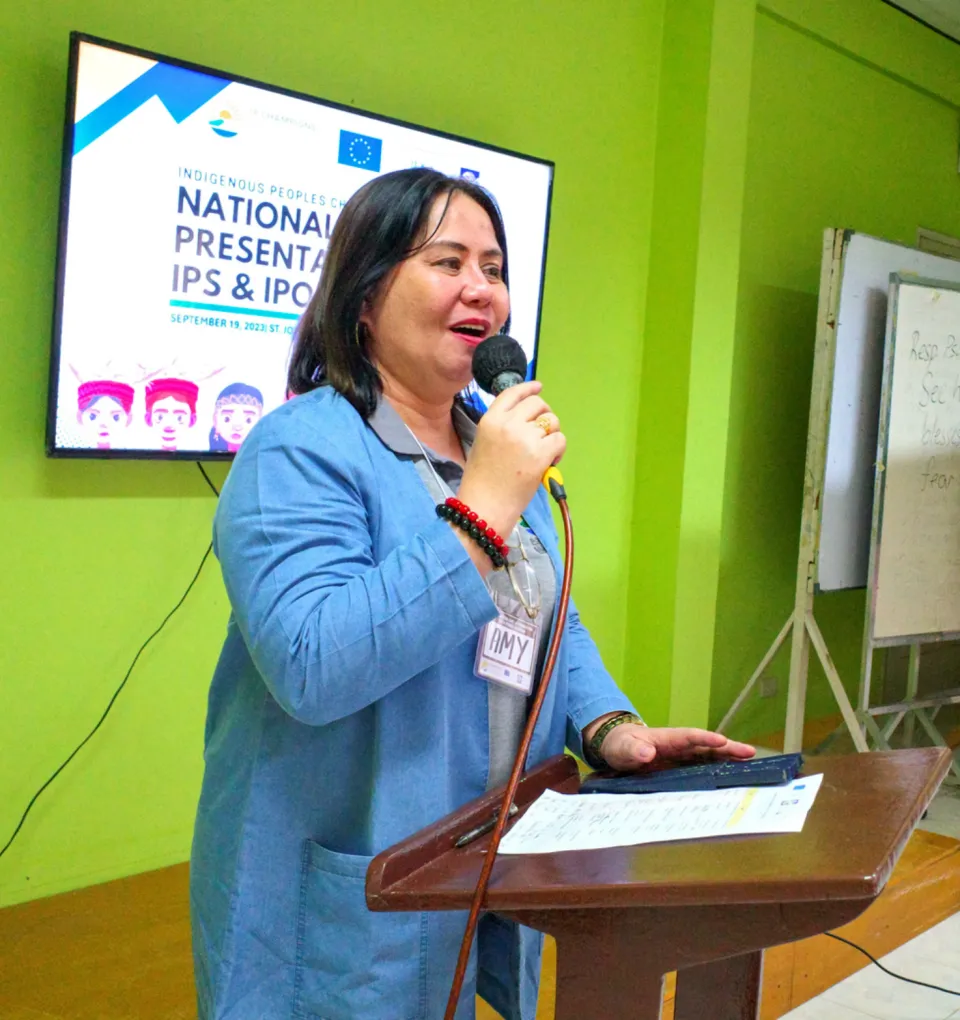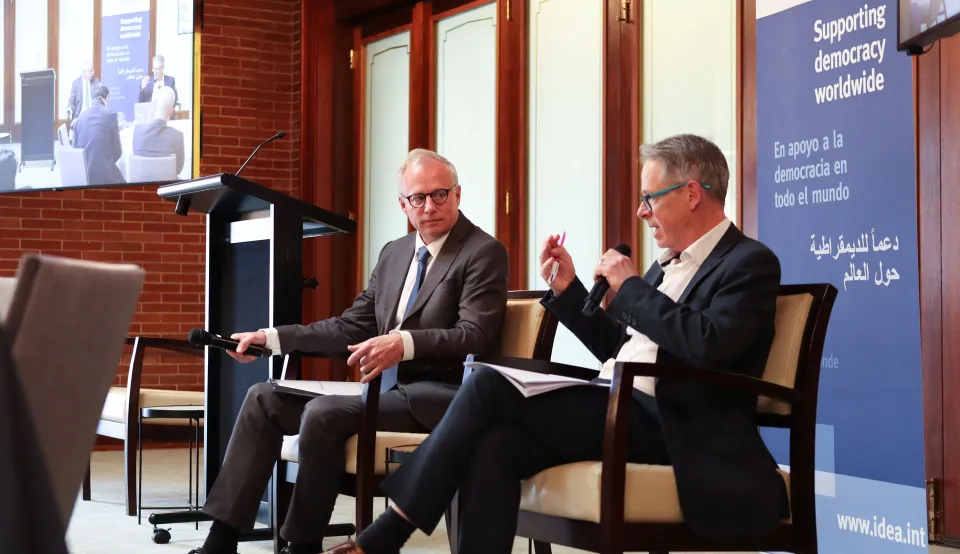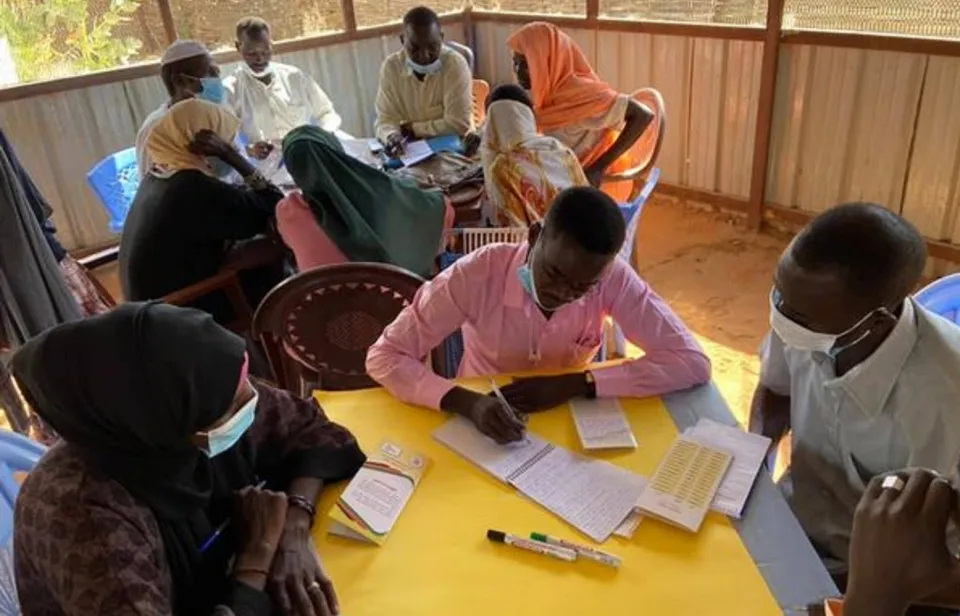Federal Systems, Intergovernmental Relations and Federated Regions
A series of Learning Sessions on constitutional change and federalism was held in the Philippines in 2018 and 2019.
As the Charter Change debate continues in the Philippines, questions around the substance, process and scope of constitutional reform remain. Regardless of the outcome of these debates, Congress has a substantial role to play in voting on draft texts and amendments, and even possibly drafting constitutional language itself. As such, the Learning Sessions were designed to target members of the House of Representatives and the Senate, providing a safe space for technical discussions on relevant and pressing issues. Each Session focused on a specific issue, including a conceptual framework based on international experience and expertise, and a contextualized consideration of the issue as it pertains to the Philippines, presented by national experts. The Charter Change Issues Briefs series consolidates and memorializes these inputs for future reference and further reach.
1. Principles and Processes of Constitution Building
2. Electoral System Reform and Design
3. Bill of Rights and Justice System Reform Under a Federal Transition
4. Constitutional Design and the Promotion of Economic Growth and Competitiveness
5. Federal Systems, Intergovernmental Relations and Federated Regions
Details
Contents
Overview
Federalism: Key features, issues and design considerations
The imperatives of federalism and the proposed draft charter
Overview of draft provisions on federalism by the Consultative Committee to Review the 1987 Constitution
References and further reading
Give us feedback
Do you have a question or feedback about this publication? Leave us your feedback, and we’ll get back to you
Send feedbackFederal Systems, Intergovernmental Relations and Federated Regions
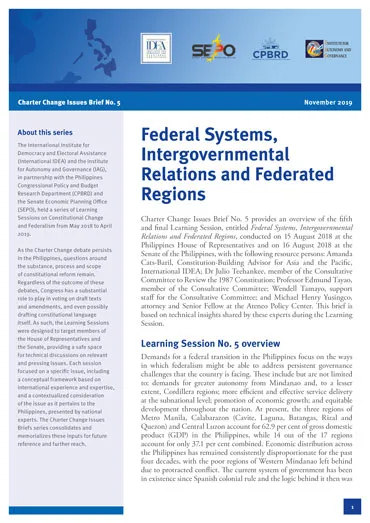
| Total views | 5158 |
|---|---|
| Downloads | 40 |
| Rating |
Give us feedback
Do you have a question or feedback about this publication? Leave us your feedback, and we’ll get back to you
Send feedbackRelated publications
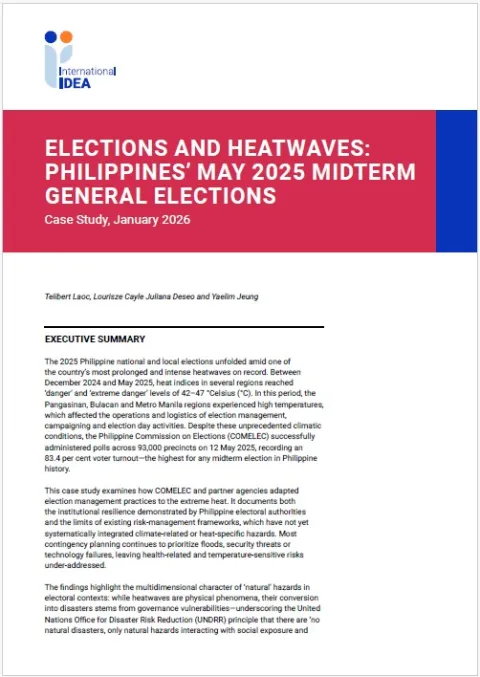
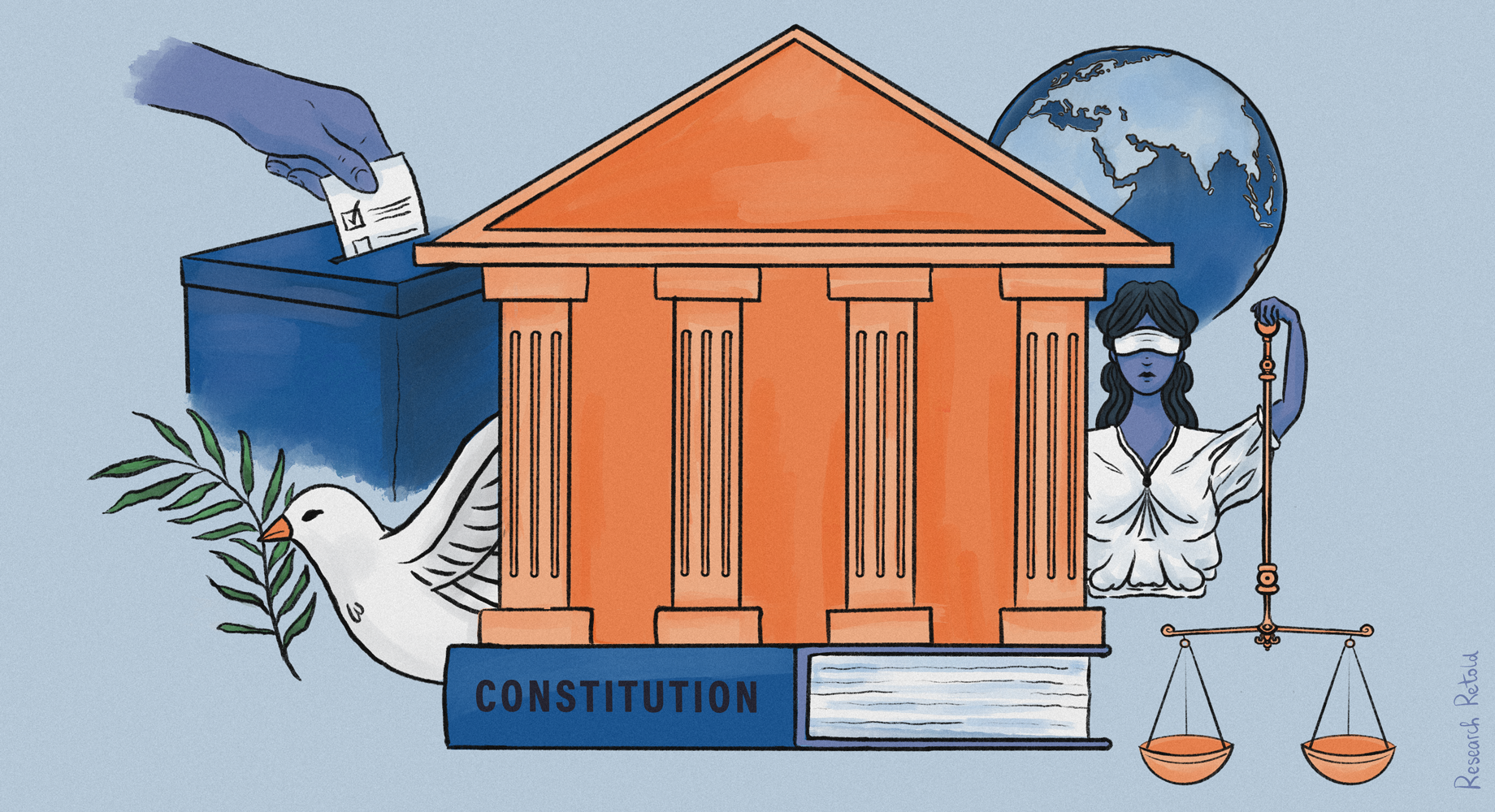
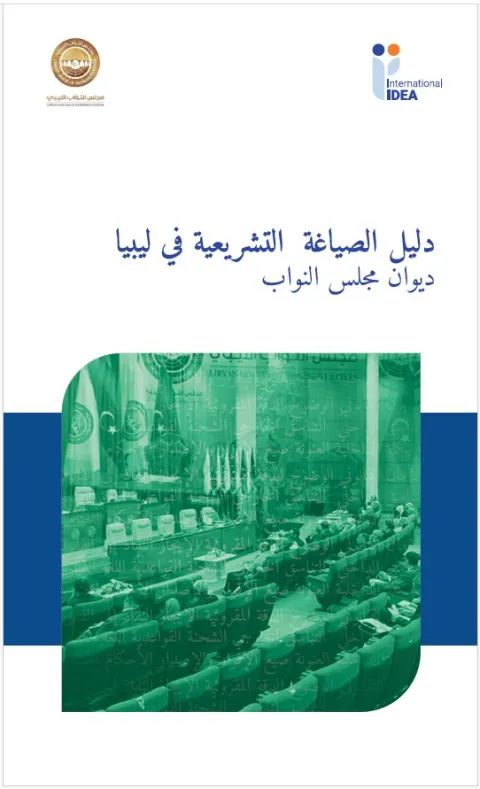
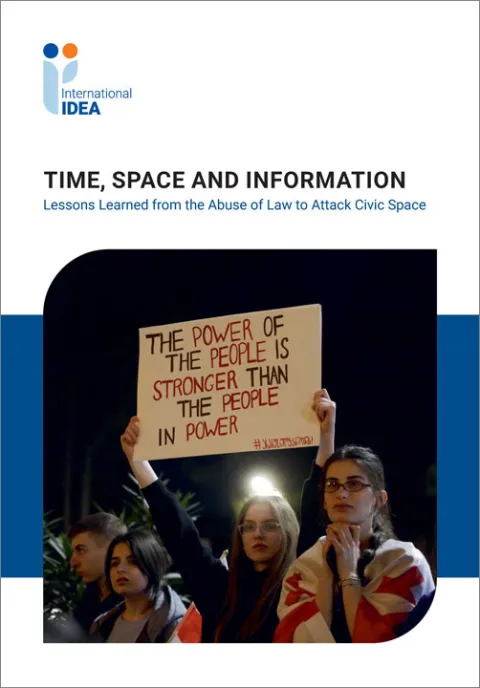
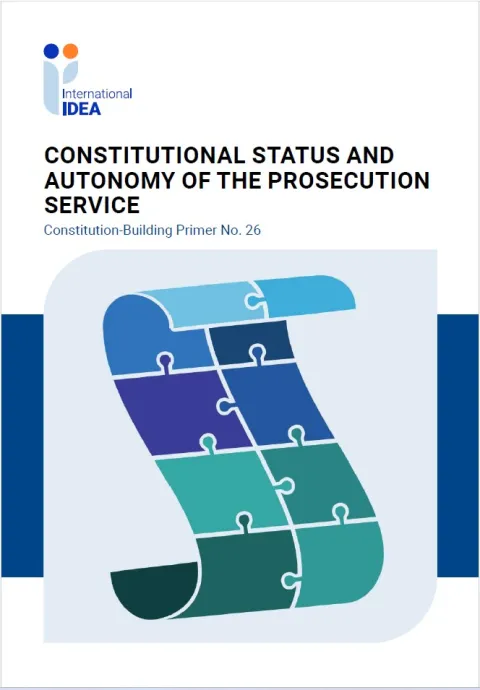

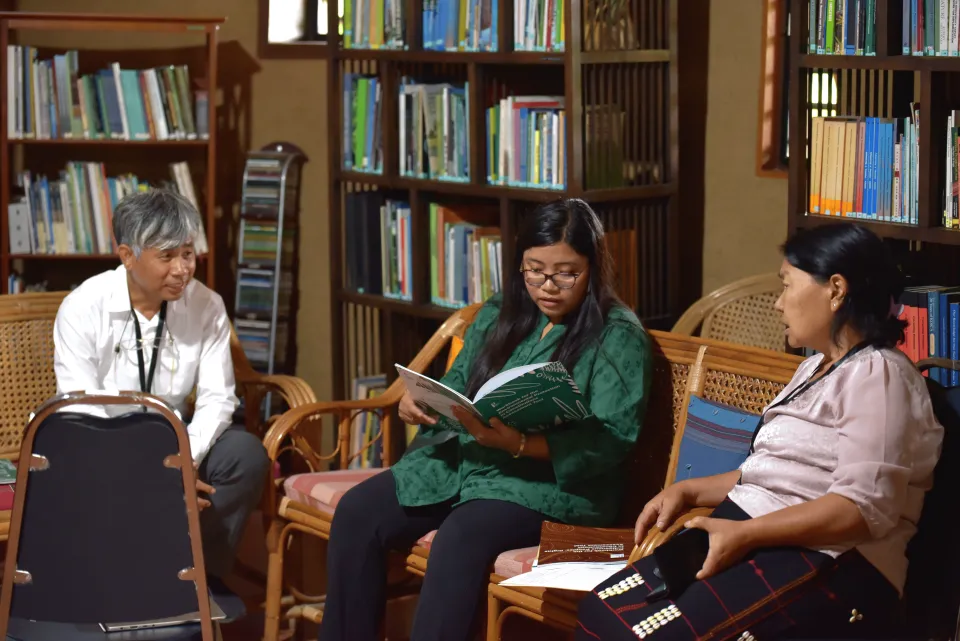
![Dr Fawaz Shareef, Founder of Maldives Centre for Policy Studies; Uza. Aishath Azima Shakoor; Uza. Fathimath Dhiyana Saeed. [Photo: Maldives Centre for Policy Studies]](https://www.idea.int/sites/default/files/styles/webp_480/public/2024-08/WhatsApp%20Image%202024-08-06%20at%2011.48.48.jpeg.webp?itok=pRaNdf-C)
